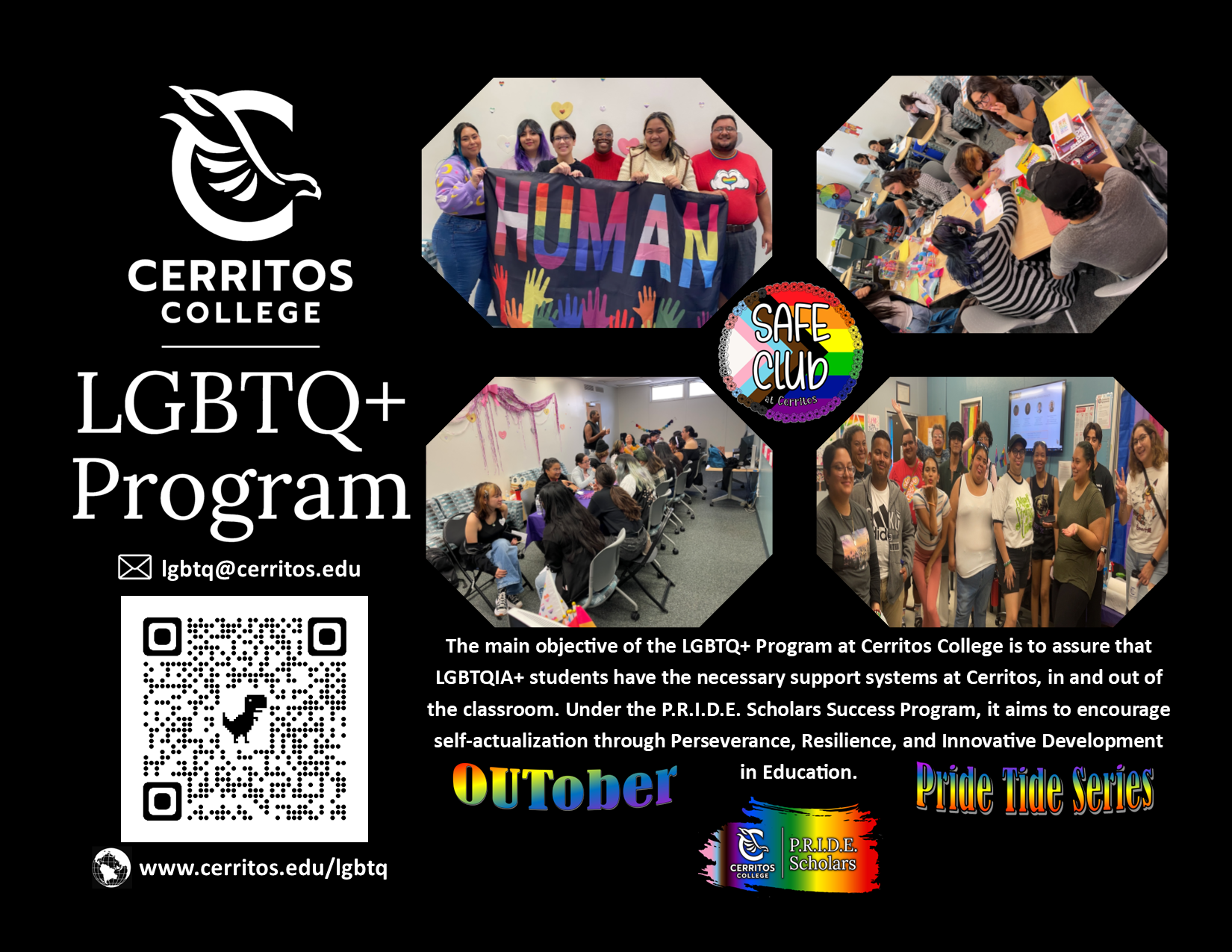For over a decade, people have been rejected for financial aid because of a drug conviction.
This can cause someone who wants to get back on track, get discouraged from pursuing a higher education and a career.
According to Huffington Post, “When students apply for federal financial aid, they must answer a question whether they have been convicted of possessing or selling illegal drugs while receiving federal student aid in the past.
If a student says “yes” or doesn’t answer the question, then the government may legally suspend that student’s financial aid, including grants, work study or loans.
Students may become eligible again if they complete a drug rehabilitation program or pass approved drug tests, but these measures can be expensive.”
This is when the whole process becomes a double standard.
This kind of issue affects minorities more than any other group.
Minorities are the ones who need the extra help because of their background but unfortunately, minorities are more likely to be involved in drug convictions.
Attending a drug rehabilitation program isn’t just costly, it also takes time away that can be applied at school.
The punishment for taking financial aid away was not applied to juvenile offenses involving tobacco and alcohol use, but applied to even minor drug use, such as, marijuana.
Marijuana is legal in three states in the United States, including Washington D.C., so it makes sense to modify the questions for students in these states.
However, the FAFSA form will eventually undergo changes since there are social and political changes regarding drug convictions, especially having to do with marijuana, and with a lot of negotiations of it getting legalized.
As a result, it hinders students depending on their situation.
Another downfall in the past, was that some students caught with drugs were punished twice.
According to the New York Times, in 2006, Marisa Garcia paid a $415 fine after she was caught with a marijuana pipe.
This resulted in her being unable to receive financial aid to attend California State University, Fullerton.
The same year, the penalty was modified so the punishment would only apply to students caught with drugs while they were already receiving federal aid.
Currently, Republicans and Democrats are both focusing in criminal justice reform, so they are working towards a full repeal in regards to the drug conviction question on the FAFSA form.












